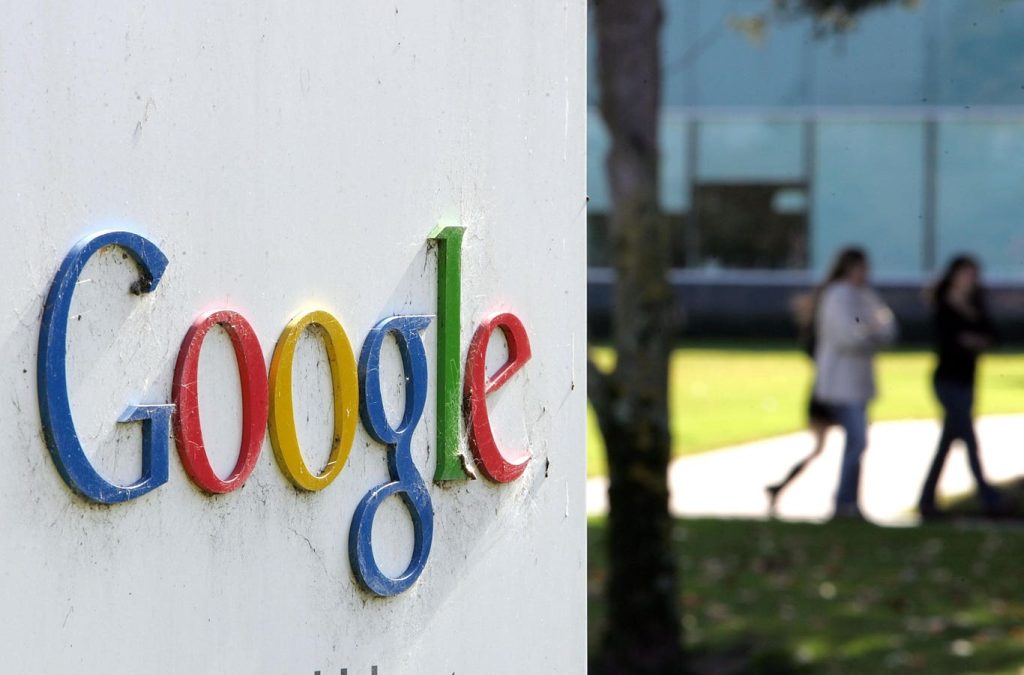The debate over corporate tax incidence is ongoing, with Berkeley economist Gabriel Zucman arguing that the wealthiest Americans pay a lower effective tax rate than working-class Americans due to benefits from corporate tax cuts. Zucman and research partner Emmanuel Saez found a decline in taxes paid by the richest households, attributing this to shareholders receiving all benefits from tax cuts. However, other economists believe that when corporate taxes are cut, workers benefit through higher wages and increased productivity.
Former economist Kevin Hassett even suggested that workers receive 200% of the benefits of corporate tax cuts, though this claim has been viewed skeptically. Some analysts argue that the burden of corporate income tax falls mostly on shareholders and other recipients of capital income, rather than workers. The distribution of the tax burden may shift over time, with highly paid employees bearing more of the burden and benefiting more from tax cuts.
The impact of corporate tax changes on workers and shareholders is complex, with varying views on how the burden is distributed. While some believe that lower corporate taxes can lead to higher wages for workers, others argue that the benefits primarily go to shareholders. It is important to consider how different groups are affected by changes in corporate taxes when making policy decisions.
As Congress considers changes to the Tax Cuts and Jobs Act, understanding the distribution of corporate tax burden is crucial. Democrats may push for higher corporate taxes, which will have different implications depending on whether the burden falls on workers or shareholders. Research on this topic is ongoing, with economists working to better understand how corporate tax changes impact different groups over time.
Ultimately, the debate over corporate tax incidence is complex and ongoing, with differing views on how changes in corporate taxes affect workers and shareholders. As policy decisions are made regarding corporate tax rates, it is important to consider the distributional effects and how different groups may be impacted. Further research is needed to fully understand the implications of corporate tax changes on the economy and different segments of the population.


